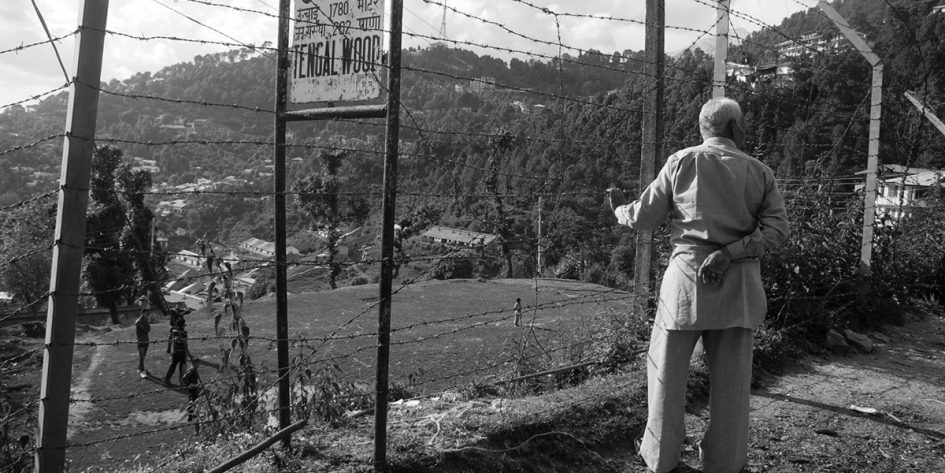Footnotes 4 – Satyagraha: How Ahimsa became a Political Term
1 Graswurzelrevolution: ‘Das andere Indien. Anarchismus, Frauenbewegung, Gewaltfreiheit, Ökologie‘, Graswurzelrevolution Verlag, 2000. p. 13 (‘The Other India. Anarchism, Women’s Movement, Nonviolence, Ecology‘; no English edition).
2 Mohandas Karamchand Gandhi, ‘Satyagraha in South Africa‘, Greenleaf Books, 1979.
3 Mark Kurlansky, ‘Nonviolence. The History of a Dangerous Idea‘, Vintage Digital, 2008, p. 184.
4 Mark Shepard, ‘Gandhi Today: A Report on India’s Gandhi Movement and Its Experiments in Nonviolence and Small Scale Alternatives‘, Simple Productions, 2017.
5 Judith Butler, ‘The Force of Non-violence‘, Verso, 2020, p. 125.
6 Rabindranath Tagore, ‘Nationalism‘, Penguin, 2010.
7 Rabindranath Tagore, ‘Nationalism‘, Penguin, 2010.
8 Martha C. Nussbaum, ‘Politische Emotionen: Warum Liebe für Gerechtigkeit wichtig ist‘, Suhrkamp, 2016, p. 149f (cited from German edition; English edition: ‘Political Emotions: Why Love Matters for Justice‘, Harvard University Press, 2015).
9 Andreas Meier, ‘Politische Strömungen im modernen Islam‘, Bundeszentrale für Politische Bildung, 1995, p. 39 (‘Political Currents in Modern Islam‘; no English edition).
10 Edward Said, ‘Orientalism‘, Penguin, 2003, p. 36.
11 Bernard Lewis, ‘Die politische Sprache des Islam‘, Europäische Verlags Anstalt, 2002, p. 73 (English edition: ‘The Political Language of Islam‘, University of Chicago Press, 2018).
12 Ayesha Jalal, ‘The Sole Spokesman: Jinnah, The Muslim League and the Demand for Pakistan‘, Cambridge University Press, 1994.
13 Arun Gandhi, ‘Wut ist ein Geschenk. Das Vermächtnis meines Großvaters Mahatma Gandhi‘, DuMont, 2019, p. 184 (cited from German edition; English edition: ‘The Gift of Anger: And Other Lessons from My Grandfather Mahatma Gandhi‘, DuMont, 2020).
14 in: Arun Gandhi, ‘Wut ist ein Geschenk’, p. 199.
15 Roderick Matthews, ‘Jinnah vs. Gandhi‘, Hachette India, 2014.
16 Mohandas Karamchand Gandhi, C WMG vol.17., p. 22.

